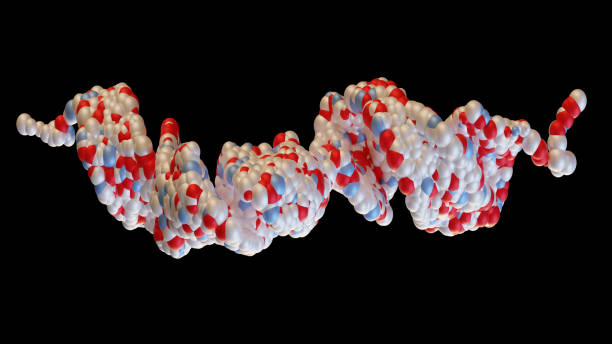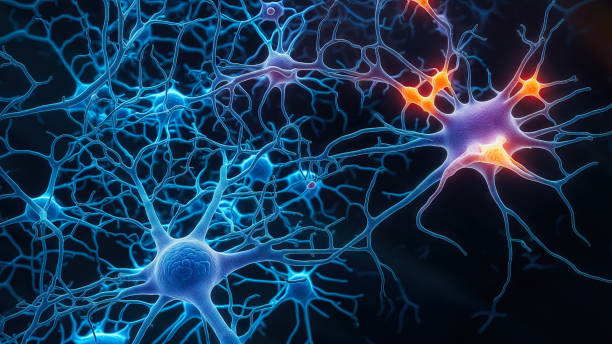Glucagon-like peptide-1 (GLP-1) medications have garnered attention for their remarkable impact on metabolic health. GLP-1 is a hormone produced in the gut in response to food intake and it plays a crucial role in regulating blood sugar levels by enhancing insulin secretion and reducing glucagon release. The benefits of GLP-1 medications extend much further than manage obesity and diabetes. Below are the applications of GLP-1 in metabolic health.

GLP-1 RAs Reduce the Risk of Heart Disease
One of the significant breakthroughs in GLP-1 research is the discovery of its cardiovascular benefits. GLP-1 RAs have been shown to reduce the risk of major cardiovascular events such as heart attacks and strokes through various mechanisms, including lowering blood pressure, reducing systemic inflammation and improving cholesterol levels.
GLP-1 RAs Protect the Heart
Studies have shown that these drugs can preserve cardiac function after ischemic injury (damage caused by restricted blood flow). This cardioprotective effect is independent of weight loss and glucose control.
GLP-1 RAs Prevent Kidney Disease
In clinical trials, drugs like semaglutide have been shown to reduce the progression of kidney disease in individuals with T2D. The mechanisms behind this renal protection are still being studied, but they likely involve both direct and indirect effects on kidney cells and systemic inflammation reduction.
The kidneys contain specific cells that express GLP-1 receptors, and activation of these receptors appears to improve kidney function. GLP-1 medications help normalize gene expression disrupted by diabetes.
GLP-1 Helps Improve Liver Health
Although GLP-1 receptors are not found on liver cells themselves, these medications can reduce liver fat and inflammation, which often progress to metabolic liver diseases. Semaglutide, for instance, is currently being studied in clinical trials for its potential to treat non-alcoholic steatohepatitis (NASH) which is a severe form of fatty liver disease.
The therapeutic effects on the liver might be mediated by indirect actions involving other cells in the liver, such as endothelial cells and immune cells that express GLP-1 receptors. These interactions help reduce inflammation and improve overall liver health.

GLP-1 Applications on Cognitive Function and Neurological Disorders
There is evidence that GLP-1 medications can reduce neuroinflammation and protect against cognitive decline in people with T2D. Clinical trials are underway to investigate the effects of GLP-1 drugs on conditions like Parkinson’s disease and Alzheimer’s disease, with promising preliminary results.
GLP-1 Benefits for Mental Health
Some studies suggest that these medications could help manage psychiatric disorders such as depression and anxiety perhaps due to their anti-inflammatory effects and impact on brain chemistry.
Next-Generation GLP-1 Therapies
The success of current GLP-1 medications has spurred the development of next-generation therapies that aim to be even more effective. New drugs are being designed to target multiple receptors, such as combining GLP-1 receptor agonists with GIP (glucose-dependent insulinotropic polypeptide) receptor agonists.
As research progresses, the range of conditions treated with GLP-1 therapies is expected to expand. Future clinical trials will likely explore the use of these medications in treating a broader array of metabolic and neurological disorders.